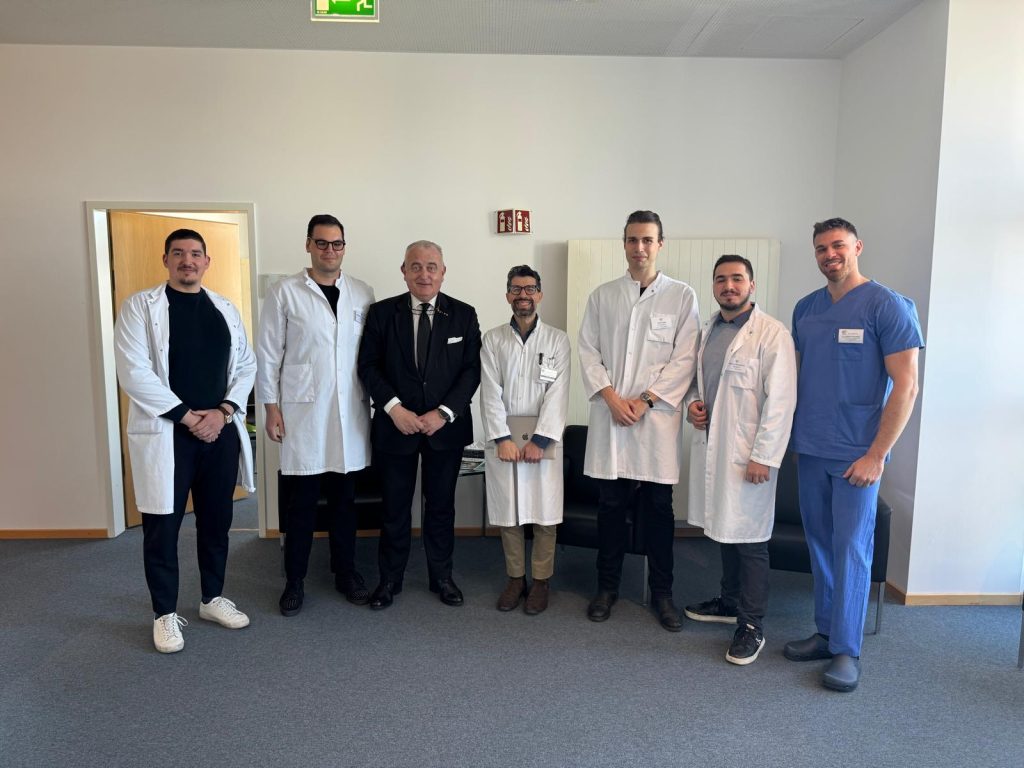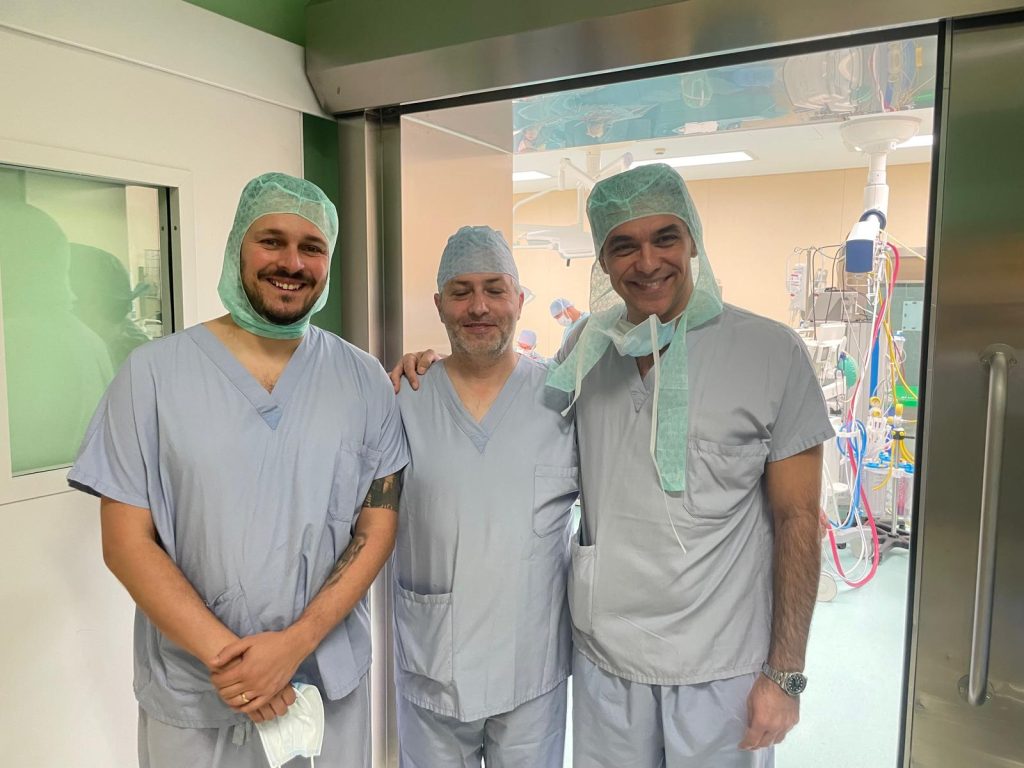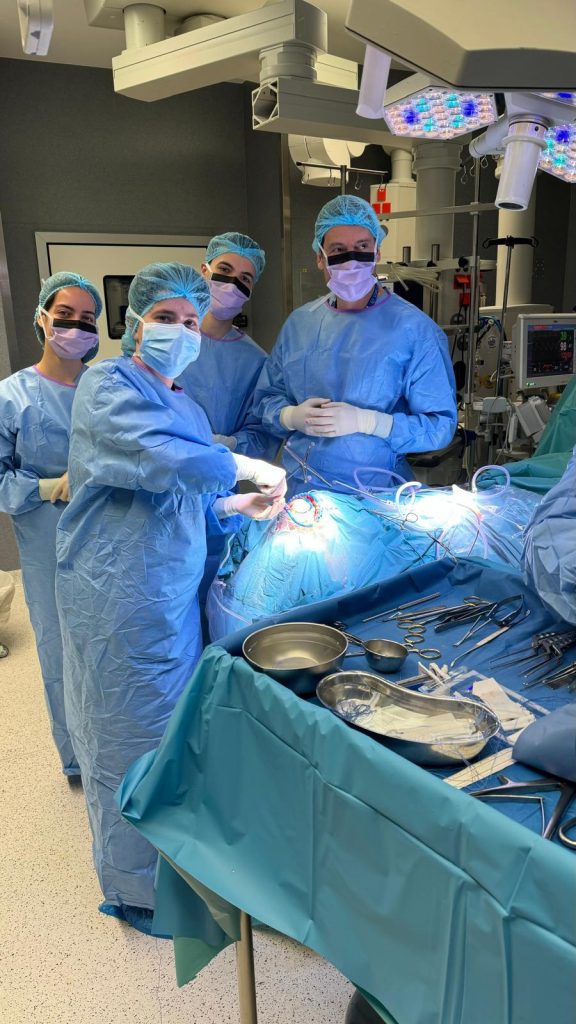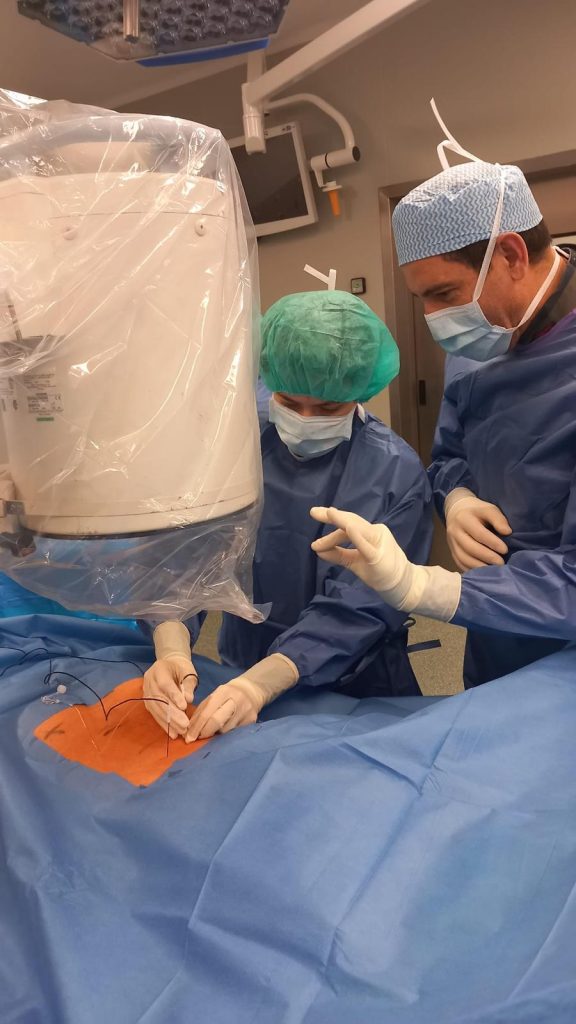Brainwave Simulation: Stepping Into the Neurosurgeon’s Shoes
Summary
In operating rooms designed for simulation, a group of medical students once stood face-to-face with the kind of clinical crises that define a neurosurgeon’s day. Monitors beeped. The atmosphere was focused. Decisions had to be made immediately. This was Brainwave: a pioneering initiative where learners weren’t just students, but decision-makers immersed in the drama and precision of neurosurgical care.
Across four premier European centers, students took part in lifelike clinical scenarios, followed by reflective debriefings with seasoned neurosurgeons. In these conversations, reality hit home—not just the technical difficulty of the field, but also the lifestyle, the commitment, and the emotional load. Many students walked away changed. Some felt affirmed in their calling. Others rethought their path, now with clarity and self-awareness.
Activity Overview
Brainwave was a high-fidelity, multi-center simulation program that offered participants realistic exposure to the neurosurgical profession. Through critical scenarios and post-activity reflection, it allowed 15 neurosurgery candidates to test their skills and decision-making in a risk-free setting. The program significantly influenced participants’ perceptions of the specialty, confirming or clarifying their career intentions. It was especially effective in fostering an understanding of both technical complexity and professional reality, contributing to better-informed decisions and potentially lowering future residency dropout rates.
Cadaver Lab Workshop: Where Learning Met Precision
Summary
In February 2025, silence filled the cadaver lab—broken only by whispered instructions and the sound of gloved hands in motion. Here, students encountered the intimacy of anatomical exploration, the focus required to navigate complex structures, and the tangible responsibility of a surgeon’s hands.
They didn’t just observe—they participated. Craniotomies, nerve pathways, and surgical approaches came alive in a controlled, respectful environment. Some students had never held a surgical tool before. By the end of the day, they had confidence in their grip—and a sharper sense of purpose.
Activity Overview
The Cadaver Lab Hands-On Workshop was a practical, high-impact experience in surgical anatomy and neurosurgical techniques. Students completed pre- and post-tests showing a statistically significant improvement in knowledge (p = 0.0046). Feedback emphasized the value of spatial orientation, technical skills, and mentorship during the workshop. Participants praised the hands-on environment as deeply motivating and educational, often describing it as a milestone in their decision to pursue neurosurgery.
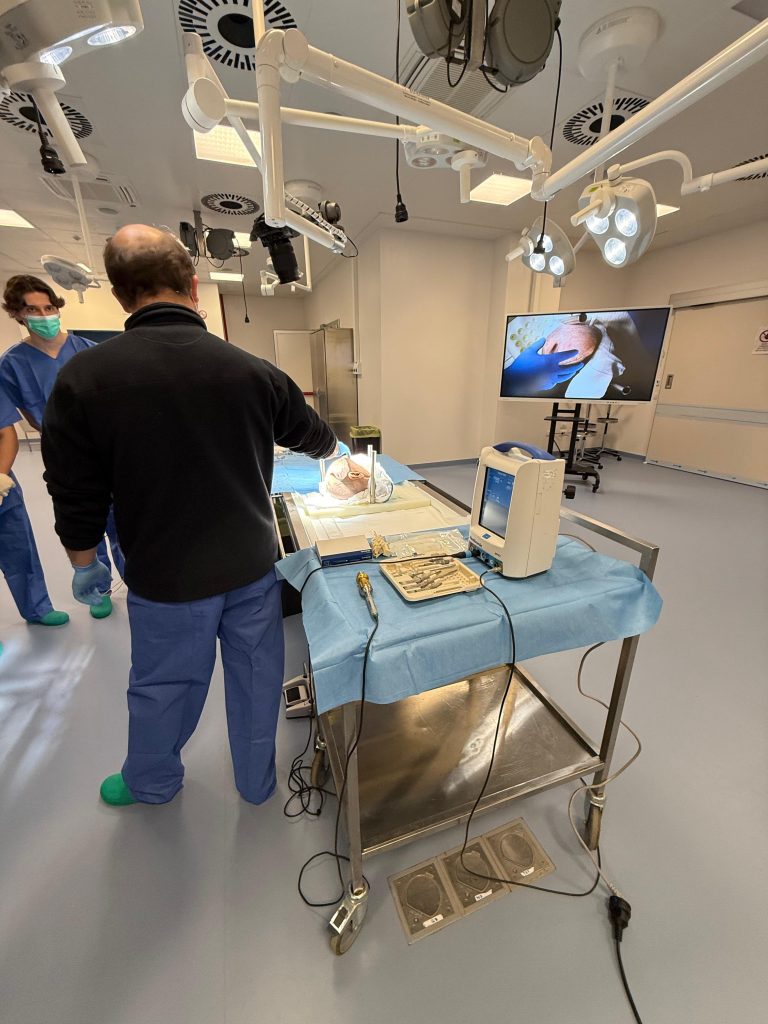
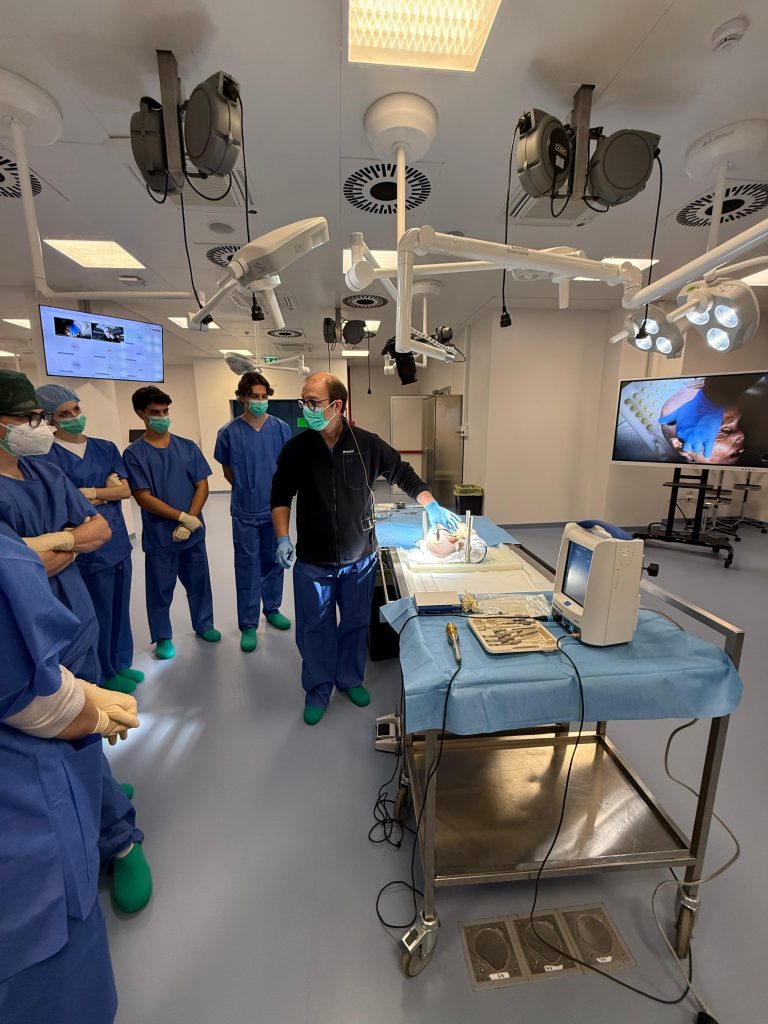
Clearing the Fog: A Summer of Honest Reflection
Summary
Throughout summer 2024, a different kind of neurosurgical preparation unfolded not in operating rooms or anatomy labs, but through pages, films, and personal reflection. Students sat with Henry Marsh’s Do No Harm, watched Concussion and Gifted Hands, and absorbed the layered truths of real neurosurgical lives.
Each narrative exposed the hidden weight of the field, its psychological demands, ethical tightropes, and the toll it can take on life outside the OR. Students weren’t being persuaded into neurosurgery; they were being shown the whole picture. And then, they talked—first in structured feedback, and later in a global debriefing with neurosurgeons. The discussion was raw, respectful, and illuminating.
Activity Overview
Clearing the Fog was a self-paced multimedia activity developed under the Erasmus+-funded KA 220 Neurodecision project. Students engaged with literature and cinema exploring neurosurgery’s lifestyle demands and emotional challenges. The initiative aimed to foster honest self-assessment before students chose this career path. Their reflections were collected through mandatory questionnaires and discussed in a collaborative debriefing with neurosurgical tutors from partner institutions. The experience was praised for its ability to humanize the specialty and support informed career decisions.
Frontal Lectures: From Classroom to Confidence
Summary
Sometimes, a breakthrough doesn’t happen in the lab but in the lecture hall. Over several months in late 2024, students gathered in Milan, Belgrade, Porto, and Hannover to absorb the core knowledge that underpins neurosurgical practice. From spine pathologies to oncological strategies, each lecture was a window into a different dimension of the field.
Students asked questions. Debated decisions. Took notes not only on disease, but on how to think like a surgeon. Afterward, they were tested, and many left knowing more than when they entered, not just in data but in perspective.
Activity Overview
The Frontal Lecture Series covered four core topics: spinal cord pathologies, neurosurgical emergencies, functional/peripheral nerve surgery, and neuro-oncology. While not all sessions showed statistically significant individual improvements, the series as a whole demonstrated a meaningful impact, with a combined p-value of 0.00241. This confirmed the value of structured, expert-led lectures in building theoretical foundation and clinical reasoning.
Two-Week Mobility Program: Walking in the Shoes of a Neurosurgical Team
Summary
Over the course of two weeks, a small group of students rotated through some of Europe’s top neurosurgical institutions. But this was no tour, they were embedded in the teams. They scrubbed into surgeries, shadowed rounds in neuro-ICUs, and followed patient journeys from admission to post-op care.
They also experienced something rarer: real mentorship. In clinics and cafeterias, professors and residents opened up about their paths, challenges, doubts, and decisions. One student called it “transformational.” Another said it made them feel, for the first time, ready.
Activity Overview
As the capstone of the Neurodecision program, the two-week mobility exchange allowed students to rotate through institutions in Italy, Germany, Portugal, and Serbia. They participated in surgical and clinical activities across multiple departments including emergency, radiology, and intensive care. Students consistently described the experience as career-defining—highlighting mentorship, inclusion, and the real-life rhythm of neurosurgical work. Their testimonials revealed increased motivation, clarity in career choice, and a deepened understanding of the profession’s demands and rewards.
